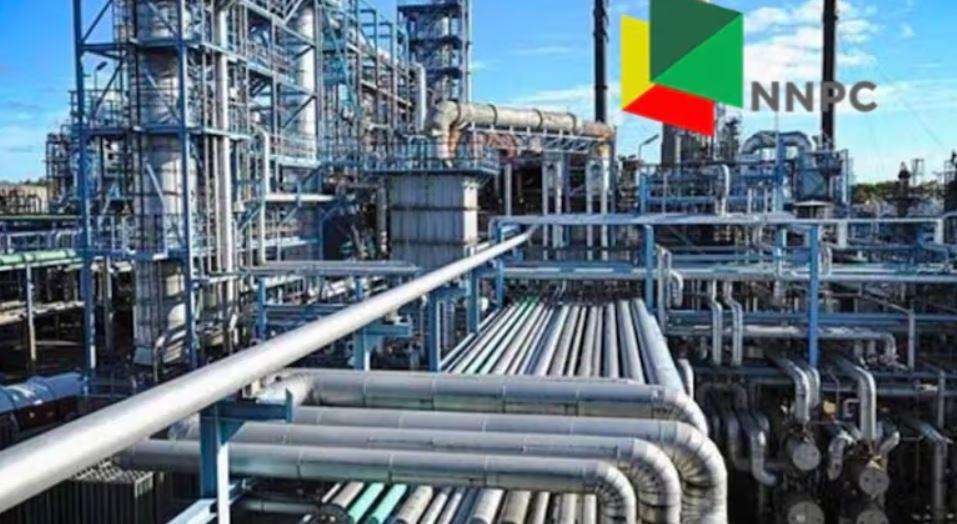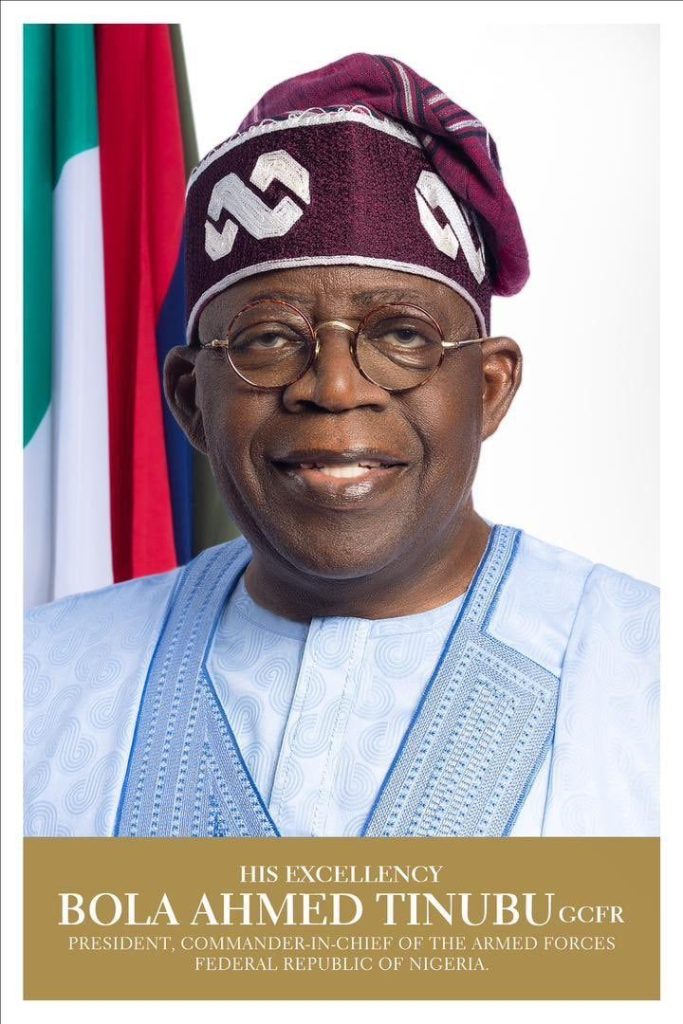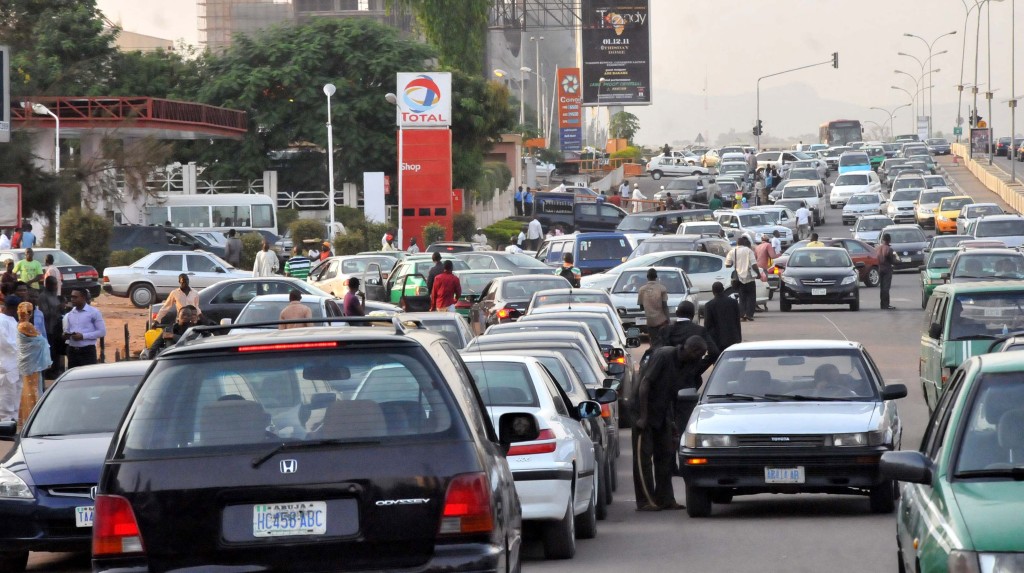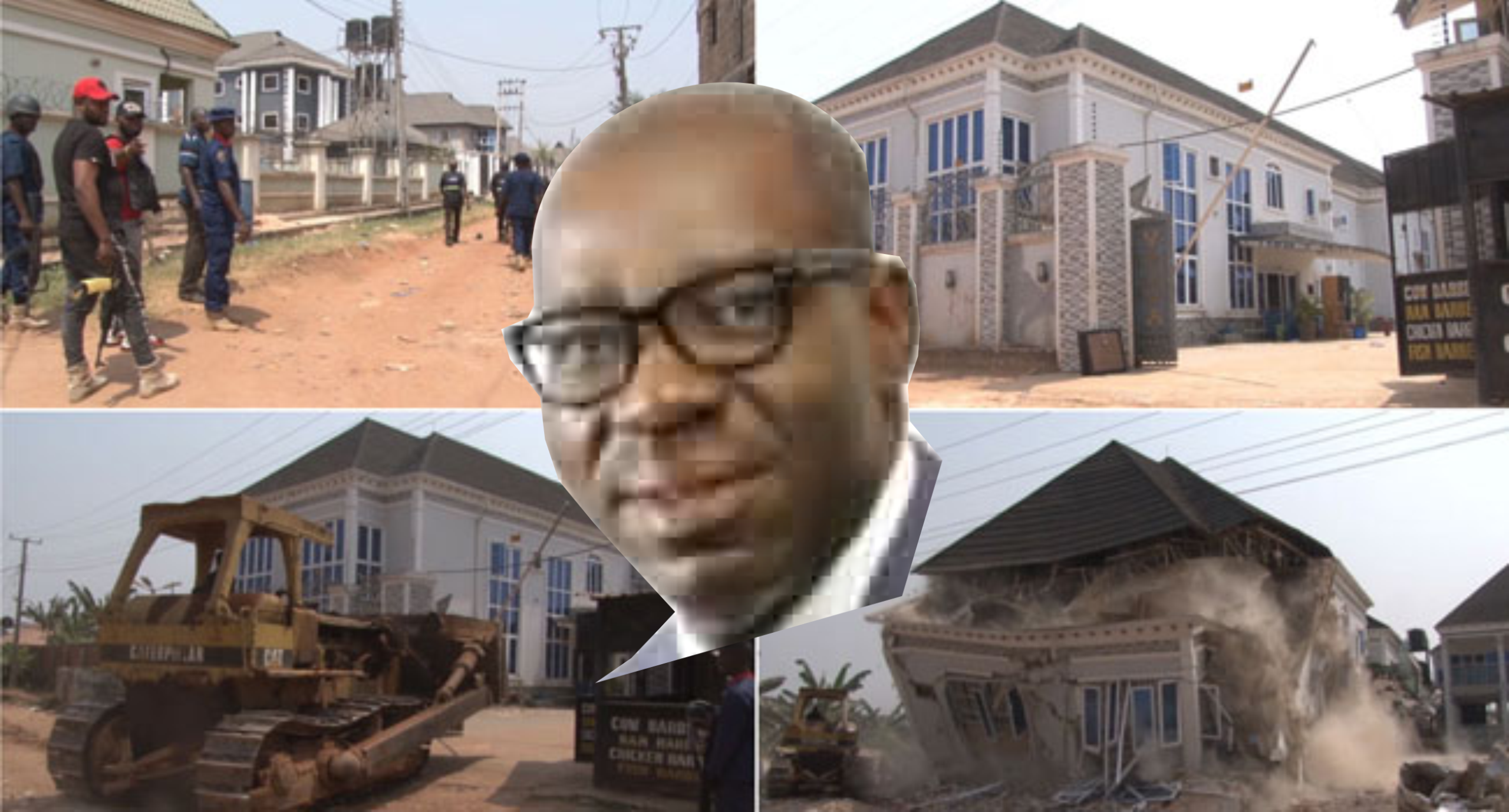by Jeffrey Botimi – 5th May 2025

Nigeria’s two state-owned refineries in Warri (Delta State) and Kaduna (Kaduna State) – each with ~100,000 barrels-per-day capacity – have long been dysfunctional. Despite billions spent on Turnaround Maintenance (TAM) over decades, they have rarely produced significant fuel. For example, by late 2018 Kaduna had zero revenue and Warri minimal output, yet both incurred massive losses
External experts note that over $20 billion has been sunk into TAMs with no functional refineries to show, calling TAM contracts “one of the worst corrupt dealings” in Nigeria’s oil sector
In 2021 all three NNPC refineries (including Warri and Kaduna) were finally shut for “rehabilitation,” leaving the country wholly reliant on imports – and fuelling calls for audits of the vast maintenance spending
Historical TAM Contracts and Controversies
Key Contracts (2020–2025):
In 2021–22 the government approved large new rehab packages. A FEC briefing in Aug 2021 approved ~$1.48B for Warri and Kaduna ($897.7m for Warri, $586.9m for Kaduna)
. In June 2022 Warri was awarded a “quick-fix” maintenance contract (Phase I) to Daewoo Engineering & Construction (S. Korea) for $497.33m
. In Feb 2023, NNPC contracted Daewoo again (part of a Korean MoU) for a $740.67m rehabilitation of Kaduna
. (Earlier, a 2017 contract gave Italian firm Saipem just a ~€2 million technical survey of Warri/Kaduna
Major Scandals and Allegations
Suspected Contract Padding: Critics say many TAM contracts have been overpriced and under-delivered. In 2024–25 public attention turned to reports that $2.9 billion disbursed for refinery repairs (including Warri and Kaduna) was grossly mismanaged

. A Business Insider investigation noted that of $2.9bn allocated (≈$656m for Warri, $740m for Kaduna), funds were “allegedly mismanaged” and whereabout unknown
. Similarly, a fuel-supply expert told PREMIUM TIMES in 2024 that billions intended for refinery fixes “have consistently been stolen by those in charge of managing them”
Nigeria’s civil society has long asserted that TAM contracts “entrench corruption,” with Publish What You Pay (PWYP) noting on the refineries: “TAM is one of the worst corrupt dealings… Over $20bn spent on TAM without a functional refinery”
Operational Failures: Sharp anomalies have fueled suspicion. In early 2025, the newly “revamped” Warri Refinery (after a reported $897.6m spend) again broke down. BusinessInsider reported it shut down on Jan 25, 2025 – just a month after being declared operational – “despite $897.6 million spent on maintenance”
This raised fresh doubts over project oversight. By 2025 none of Nigeria’s refineries produced commercial fuel, so citizens bore repeated fuel queues and Nigeria continued heavy subsidy spending while paying for “dead” maintenance projects
TIMELINE
2022 (June): FEC awards $497m maintenance to Daewoo for Warri (diesel reformer, crude unit, etc). Warri remains non-operational.
2023 (Feb): NNPC signs $740.7m contract with Daewoo for Kaduna rehab; last official TAM was 15 years prior.
2024–2025: Growing outcry over refinery spending. EFCC raids NNPC; BusinessDay and others report $2.96bn fraud probe.
It is therefore disturbing for Warri Refinery that was declared “open” Jan 2025 then shut days later, sparking allegations of negligence and massive corruption.
Investigations and Audit Findings
Senate and Legislative Probes: In late 2023–2024, the Nigerian Senate launched formal probes. For example, the Senate moved to “investigate the various TAM projects” and the N11.35 trillion spent on moribund refineries
. In October 2023 it created a 6-committee ad hoc panel to audit all refinery contracts and TAM outlays
. Senate debates (2019–2024) repeatedly cited figures like ~N4.8 trillion operational costs and N11.35 trillion spent on refineries without output
. Senators warned that rehab contracts had become “conduits for siphoning public funds” if unchecked
EFCC and Anti-Graft Actions:
In May 2025 the Economic and Financial Crimes Commission (EFCC) publicly announced a probe of a $2.9 billion refinery fund scandal. It disclosed tracing ₦80 billion in suspect transactions to accounts linked to a recently sacked refinery MD
The EFCC said it is summoning former NNPC/NNPCL executives from that era. An EFCC official remarked: “Some [ex-officials] have been arrested alread, we are asking: where is the money, and what has happened to the refineries?”
Reporters noted that even former NNPC Group CEO Mele Kyari was under scrutiny

Official audits have also highlighted losses. For instance, NNPC’s own 2018 financials show Kaduna Refinery made NO revenue yet spent N24bn (lost N64.5bn) that year
The Nigerian Extractive Industries Transparency Initiative (NEITI) and Ministry of Petroleum have periodically cited similar waste and called for sector reform. In 2018 a PWYP statement specifically urged independent review of TAM deals. Overall, both lawmakers and watchdogs conclude that past TAM exercises yielded little value for the vast sums spent.
Actors Involved Officials, Contractors, Firms
NNPC/NNPCL Executives: Over the years, several managing directors of NNPC’s refineries have been implicated in probes. Recent reports mention ex-MDs of Warri, Kaduna, and Port Harcourt refineries being arrested or quizzed by EFCC and police

Senior NNPC/NNPCL officials (over a dozen names including Abubakar Yar’Adua, Efiok Akpan, etc.) have been specifically listed by investigators
Legislators and civic groups have pointed at top leadership for alleged coordination of dubious contracts.
Government Oversight: Petroleum ministers and regulatory agencies are tangentially involved. For example, former Petroleum Minister Ibe Kachikwu (2015–2019) publicly bemoaned refinery “corruption” and vowed no more free funding of TAMs
The Bureau of Public Enterprises (BPE) and Ministry have signed off on key contracts (e.g. Daewoo deals noted in FEC releases) but have been criticized for oversight lapses.
Contractors and Foreign Firms: Major TAM contracts went to foreign engineering firms. Notably, South Korea’s Daewoo E&C was contracted in 2022–23 to overhaul Warri and Kaduna
Italy’s Saipem and Tecnimont have also won refinery contracts (e.g. Saipem for engineering surveys, and Tecnimont for an earlier Port Harcourt overhaul). Critics question whether these firms delivered value or were used in schemes, though no foreign firm has been publicly charged. (Other previous deals – e.g. the controversial Sarb Energy hydroskimming deal with Dan Etete – are outside the TAM scope.)
Civil Society/Watchdogs: Groups like Publish What You Pay Nigeria and the media (Premium Times, Sahara Reporters, Punch, BusinessDay, etc.) have kept the spotlight on these issues.
Transparency International has rated Nigeria poorly on corruption generally, and local NGOs blame systemic graft in state refineries. For example, civil-society petitions and expert testimonies have continually demanded forensic audits of NNPC’s refinery accounts.
Impact on Refinery Operations and Fuel Supply
The cumulative effect of these scandals has been dire. Refinery downtime and fuel scarcity: By 2021 all four NNPC refineries were offline. As one analyst put it, each successive TAM “has been plagued by delays and corruption,” meaning each contract prolonged shutdowns and reduced local fuel output
Nigeria now must import nearly all its petrol, spending billions on subsidies. The nation loses roughly $30–40 million daily in refinery inefficiency and fuel imports
Motorists routinely face pump queues and soaring prices whenever import supply tightens. Economically, this has shifted the subsidy burden onto taxpayers. For over a decade, Nigeria reportedly spent twice as much on TAM and refinery rehab as on fuel subsidies, yet still had to pour money into subsidizing imported petrol (peaking at N6 trillion in subsidy from 2010–2020).

High fuel costs have fed into inflation and widespread public frustration. Politically, repeated refinery failures have sparked protests (e.g. 2022 fuel shortages) and eroded trust. The Senate ad hoc committee has warned that continuing such “unproductive” contracts will only keep citizens “suffering due to the high cost of petroleum products”
In summary, the Warri and Kaduna refineries illustrate how opaque TAM contracts – allegedly rife with padding and kickbacks – have left crucial assets idle. Investigations now underway aim to hold officials and contractors to account. Until reforms and genuine repairs occur, Nigeria will remain dependent on imported fuel, paying the economic price of decades of alleged refinery maintenance fraud



su kaçağı tespit servisi Tespit için gelişmiş ekipman kullanmaları etkileyiciydi. http://www.inmotionstudios.com.au/?p=8666
3gavu6
vnj9hz
v38hfm
jlpo2w
uzcxph
3pdq1w
doa3qu
e034m8
tsh951
3sa0c7
sbhwp6
c69aav
cl9kqz
fduqyu
dcksug
hmop87
q5hla6
3twbak
cg3b1w
l6326f
3ywxnz
p6eeg9
731fv1
3blicf
I discovered your blog site on google and check a few of your early posts. Continue to keep up the very good operate. I just additional up your RSS feed to my MSN News Reader. Seeking forward to reading more from you later on!…
xn88 slot Trong quá trình trải nghiệm bet thủ chắc chắn sẽ cảm thấy thích thú và dành chiến thắng dễ dàng bởi hệ thống tính năng hỗ trợ được thiết kế đầy đủ. Mỗi siêu phẩm săn thưởng còn được cung cấp bí kíp riêng giúp bạn tối ưu chiến thắng nhanh chóng từ chuyên gia. Người chơi có thể tham khảo và lựa chọn sử dụng nếu cảm thấy phù hợp.
Tham gia asia slot365 là một quá trình đơn giản, nhanh chóng và bảo mật. Với giao diện được thiết kế tối ưu cho người dùng Việt Nam, việc bắt đầu trải nghiệm nhà cái đổi thưởng trở nên dễ dàng ngay cả với những người mới làm quen với thế giới giải trí trực tuyến.
Its like you read my mind! You appear to know a lot about this, like you wrote the book in it or something. I think that you could do with some pics to drive the message home a little bit, but instead of that, this is wonderful blog. An excellent read. I’ll certainly be back.
What i do not realize is if truth be told how you’re now not actually a lot more smartly-appreciated than you may be now. You’re so intelligent. You know therefore considerably in relation to this subject, produced me individually believe it from so many various angles. Its like men and women aren’t fascinated unless it¦s something to do with Lady gaga! Your individual stuffs nice. All the time handle it up!
Great work! This is the type of info that should be shared around the web. Shame on the search engines for not positioning this post higher! Come on over and visit my site . Thanks =)
Well I definitely enjoyed studying it. This article offered by you is very effective for good planning.
Hey! This post couldn’t be written any better! Reading through this post reminds me of my old room mate! He always kept chatting about this. I will forward this post to him. Pretty sure he will have a good read. Thanks for sharing!
Your point of view caught my eye and was very interesting. Thanks. I have a question for you.
Your point of view caught my eye and was very interesting. Thanks. I have a question for you.
Your point of view caught my eye and was very interesting. Thanks. I have a question for you. https://www.binance.info/register?ref=IHJUI7TF